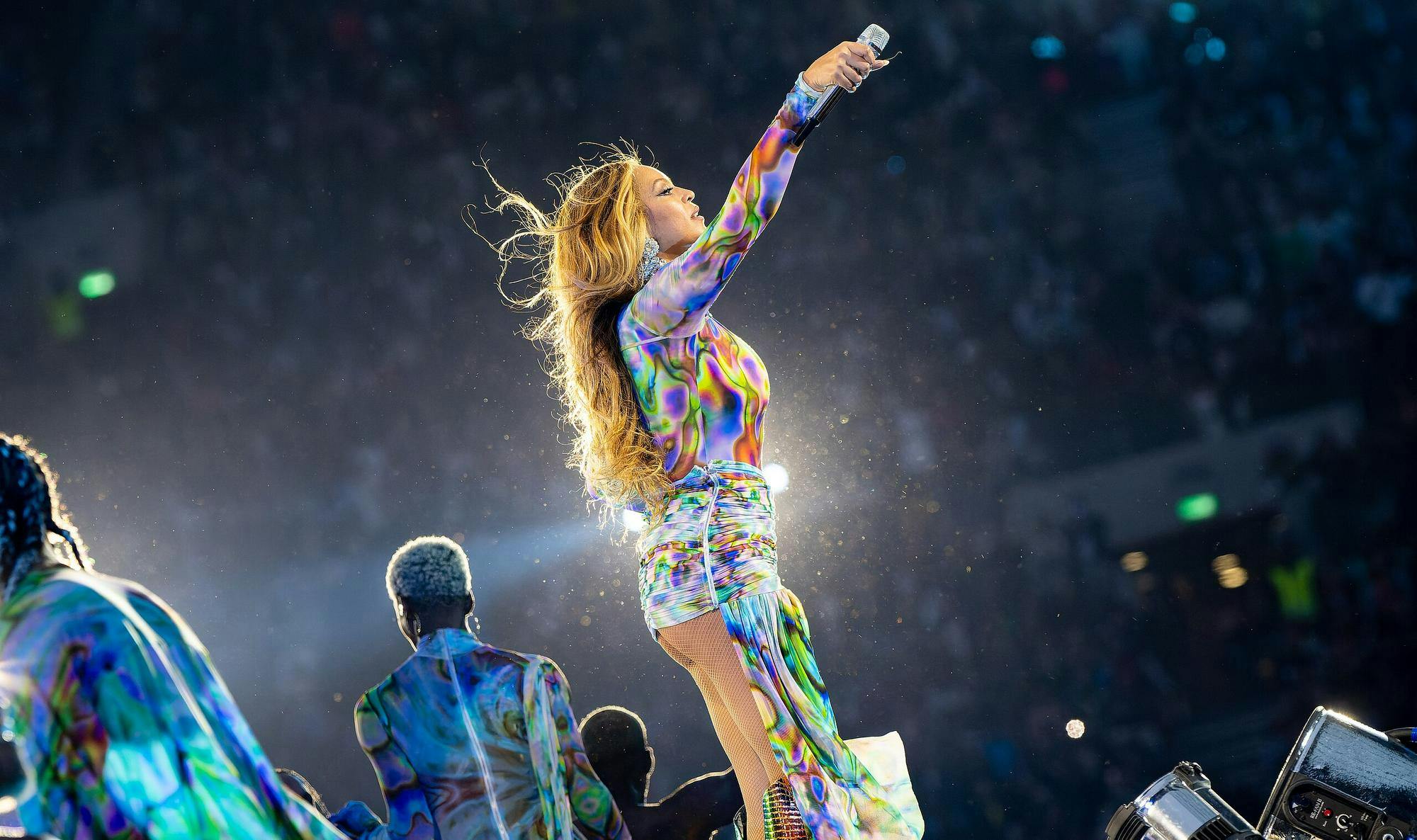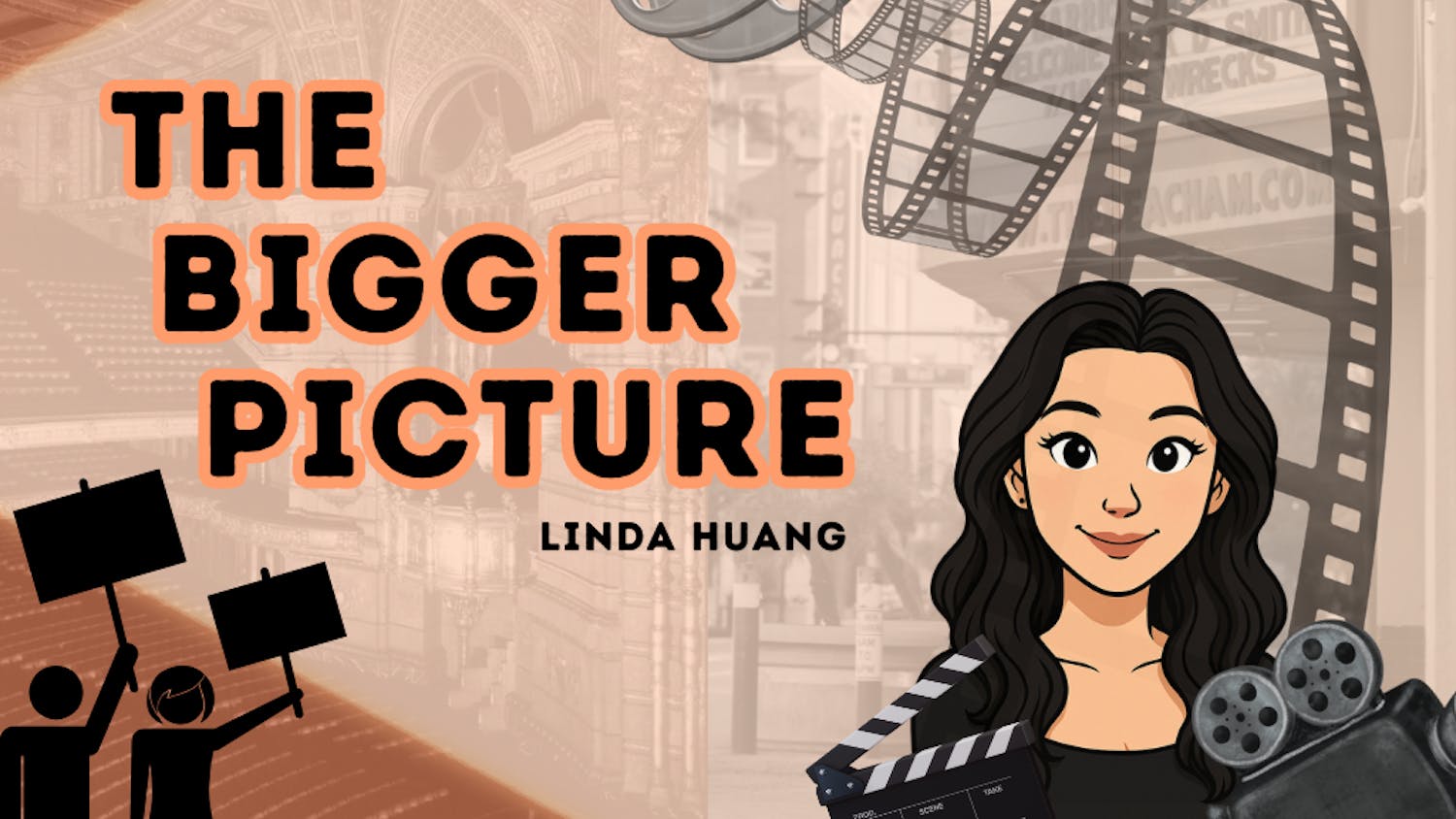“Cowboy Carter” (2024) is immense. In its length, stylistic quantity and cultural capital, “Cowboy Carter” is an immense album from one of the greatest musicians and artistic visionaries of the 20th century: Beyoncé. The album was released on March 29 to much critical acclaim, and for good reason.
On the opening track “AMERIICAN REQUIEM,” Beyoncé asks us as citizens and as her listeners if we stand for anything and if we can stand her. Specifically, she asks if we can stand her album’s intervention into country music. “They don’t, don’t know how hard I had to fight for this,” she sings. It is perhaps true that given her global stardom, we as Americans and consumers of her music have forgotten just how much she has overcome over the years to reach “Cowboy Carter.”
Following the wildly successful “Renaissance” (2022), “Cowboy Carter” is not Beyoncé’s first dabble into country and folk music. In her album “Lemonade” (2016), the hit track “Daddy Lessons” was an ode to her home state of Texas, her father and the country music which influenced her upbringing. However, a performance of the track with the Chicks, formerly known as the Dixie Chicks, at the 2016 Country Music Association Awards was met with overall derision and racist behavior by the live audience and online viewers. Despite the profound Black influence on the roots of country and folk music, the genre today remains couched in racist and sexist language. “Cowboy Carter” is therefore not so much of an electronically and party-inspired album as “Renaissance,” but it is instead Beyoncé’s reclamation of country music and its significance for her on a personal level.
The album is exceptionally produced and sonically invigorating. Hit producers D.A. Got That Dope, Pharrell Williams and Ryan Tedder lend their award-winning ears to craft the album into a soundscape that evokes the colorful history of country music and the imaginative possibilities for its future. Tracks like “DESERT EAGLE” and “16 CARRIAGES” speak to Beyoncé and her team’s imaginative capabilities and writing talent. That is perhaps what differentiates “Cowboy Carter” from her previous albums: It is truly a group collaboration in a way that was not quite so definitive of her past records. In addition to the big names who contributed to “Cowboy Carter,” like Post Malone, Miley Cyrus and Dolly Parton, the album is defined by the notable contributions of a larger group of lesser-known musicians and the sampling of country music juggernauts. Current country artists like Tanner Adell and Shaboozey and the instrumental contributions of Rhiannon Giddens and Robert Randolph describe the shape of a vital and current, if not well-known, Black country music scene. Beyoncé’s attention here to including and platforming new voices, while breathing new life back into older country music legends and styles, makes “Cowboy Carter” feel less like the culmination of Beyoncé’s years of passion for country music. Instead, the album feels like her introduction of this passion to a whole new audience — providing a lineup of rising musicians’ work to explore.
Aside from the collaborative significance of the project, the tracks stand well on their own. “SWEET * HONEY * BUCKIIN’” and “SPAGHETTII” are some of the standout tracks, and her cover of “Blackbird” (1968) by The Beatles is both faithful and fresh.
Further, in a culture of stadium country music largely occupied by rich white men hoping to evoke a working class and rural persona that has never belonged to them, “Cowboy Carter” is a welcome and necessary injection of perspective into the country music scene.
The album is perhaps too bloated, however, topping out at 27 songs and nearly one hour and 20 minutes. Aside from “SPAGHETTII,” “16 CARRIAGES” feels like the album’s energetic highpoint, which is unfortunate given that it’s only the third track. The rest of the album is a truly entertaining and engaging listening experience, but “Cowboy Carter” suffers from its sheer length and consistent musical motifs, which make individual tracks shine less and which make — at least, in this author’s opinion — listening through the whole album less likely to be a staple of everyday music consumption.
Overall, “Cowboy Carter” is definitely worth the listen and is one of Beyoncé’s most sonically experimental albums to date. However, aside from a few favorite tracks, it is not an album that this author will consistently revisit.
4.5 stars






